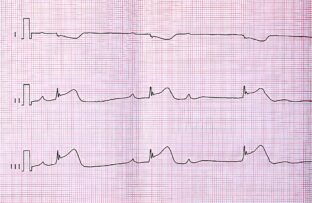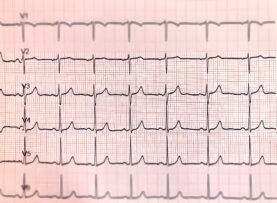- 4.0 CE Credit Hours
- For Pediatric Responders
- Includes Videos, Megacode Scenarios, Practice Tests & More
- FREE BLS Included
Procainamide in ACLS: Understanding Its Role in Cardiac Arrest Management
Procainamide is an antiarrhythmic medication that plays an essential role in Advanced Cardiovascular Life Support (ACLS) protocols for managing medical emergencies such as cardiac arrest. By stabilizing cardiac conduction, it efficiently treats arrhythmias encountered during resuscitation. Keep reading to explore the mechanism of procainamide ACLS and the dosages. The role of procainamide helps enhance resuscitation […]
Read More







